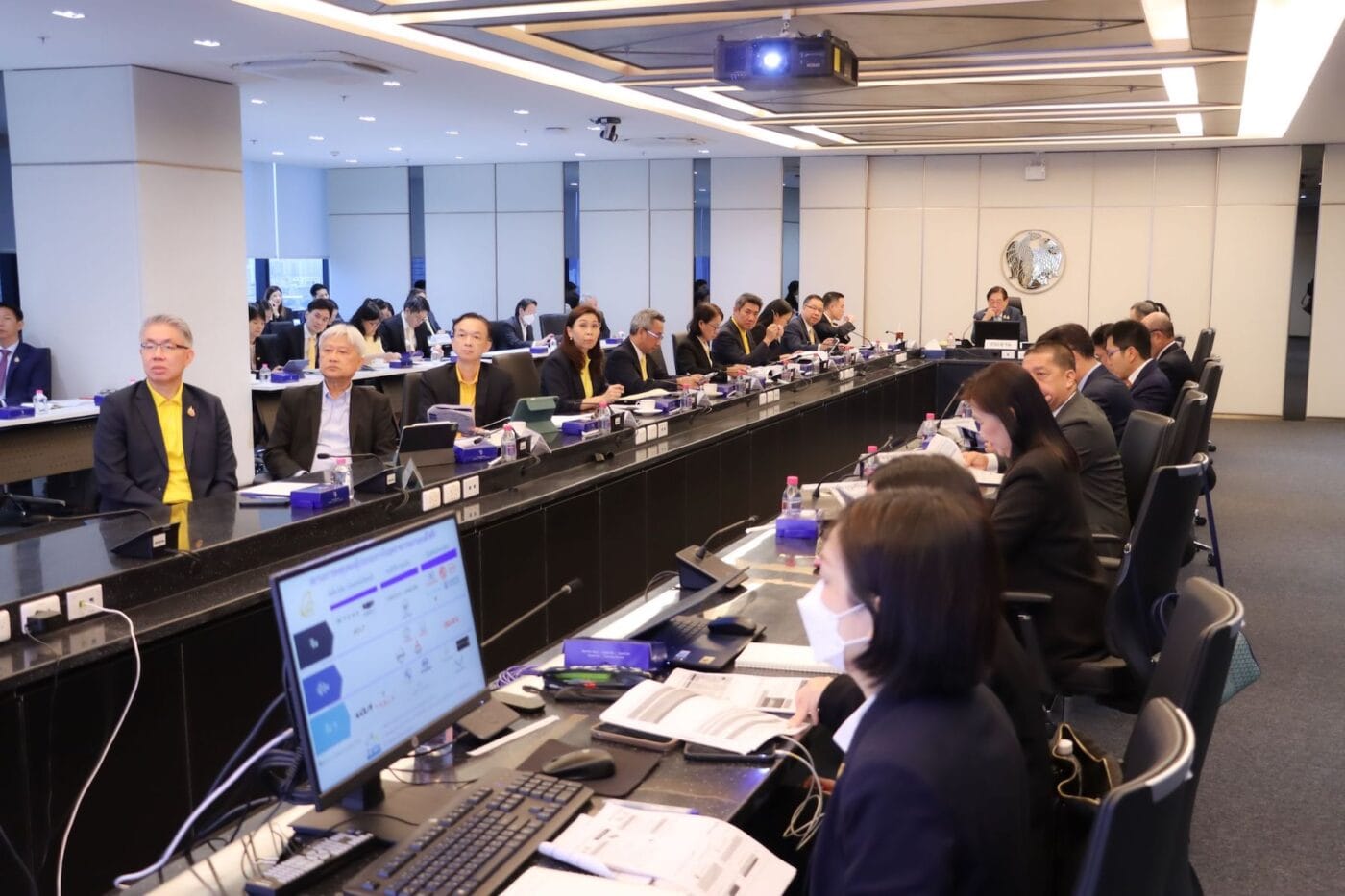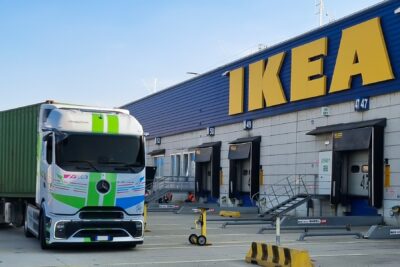Thailand adjusts EV policy to boost exports
The Thai government is easing requirements for companies participating in the EV 3.0 and EV 3.5 schemes with the latest revisions. While previously it counted only the domestic sales of locally produced EVs for offsetting EVs they imported as Completely Built-Up Units (CBUs), now it will consider exports as well, Reuters reported.
The EV Board, acting on the recommendation of the Federation of Thai Industries (FTI), has decided to count each EV that a participating company exports as 1.5 units towards the local EV offset quota. It expects this change to increase EV exports to 12,500 units this year and about 52,000 units next year.
In addition to including exports in the local EV offset quota, the EV board has extended the registration deadline for these EVs by one month and plans to strengthen subsidy payments. “The revisions approved today will allow greater flexibility and help Thailand, which is already the leader in the region’s automotive manufacturing industry, to become a key EV production base,” said Narit Therdsteerasukdi, the Secretary General of the Thailand Board of Investment (BOI) and the secretary of the EV Board.
The EV Board already extended the timeframe for the compensatory local production once, in December last year. Back then, it also said that participating companies can re-export unsold CBU EVs to reduce this quota. Such steps not only reduce pressure on these automakers but also help the industry avoid an oversupply situation, which could lead to heavy discounting and price wars.
While the above measures might suggest that EV sales are declining in Thailand, BOI says otherwise. It reports that while 70,582 electric cars were sold in the whole of 2024, this year, 57,289 electric cars have already been sold in the first half. Compared to the first half of 2024, the number is up 15% this year. In total, 203,000 electric cars are plying on Thai roads, along with 71,900 electric motorcycles, 3,800 electric buses and trucks, and 1,000 electric tuk tuks.
16 passenger car and pick-up truck manufacturers and eleven motorcycle manufacturers have participated in the EV 3.0 scheme, totalling 27 companies. These companies needed to compensate each CBU import eligible for a subsidy under the scheme with one locally produced unit earlier, and from this year, the ratio changed from 1:1 to 1:1.5.
In the more recent EV 3.5 scheme, ten companies have participated, and they are all passenger car manufacturers. They need to compensate each CBU import eligible for a subsidy under the scheme with two locally produced units, and in 2027, the ratio will change from 1:2 to 1:3.
boi.go.th (press release), reuters.com, boi.go.th (timeframe extension in 2024), boi.go.th (EV 3.5 announcement)





0 Comments